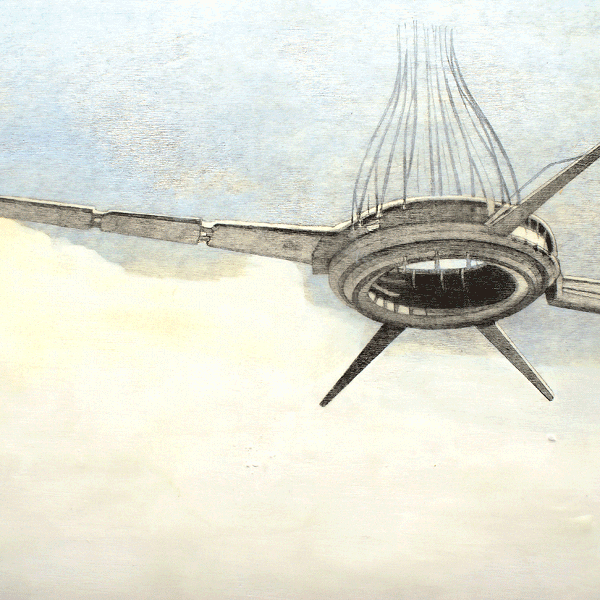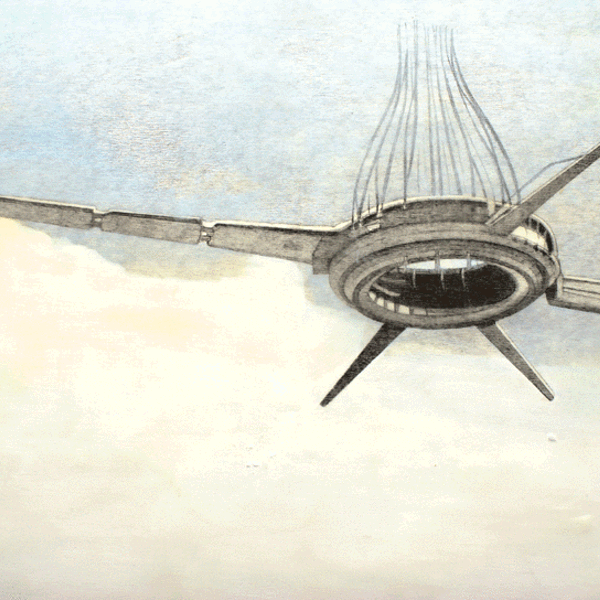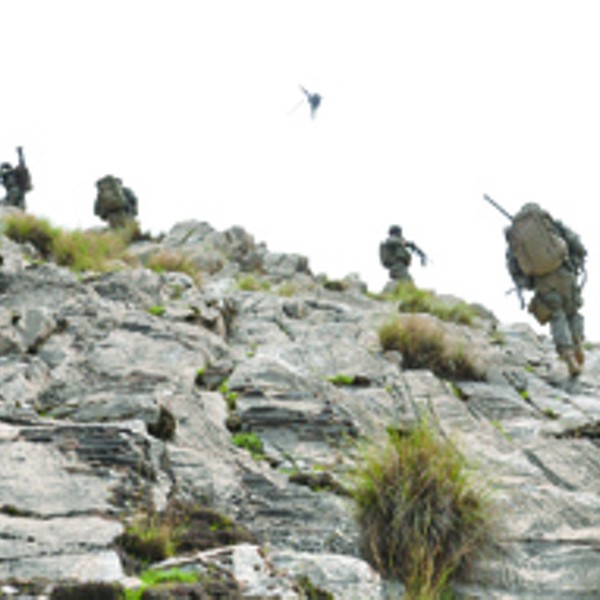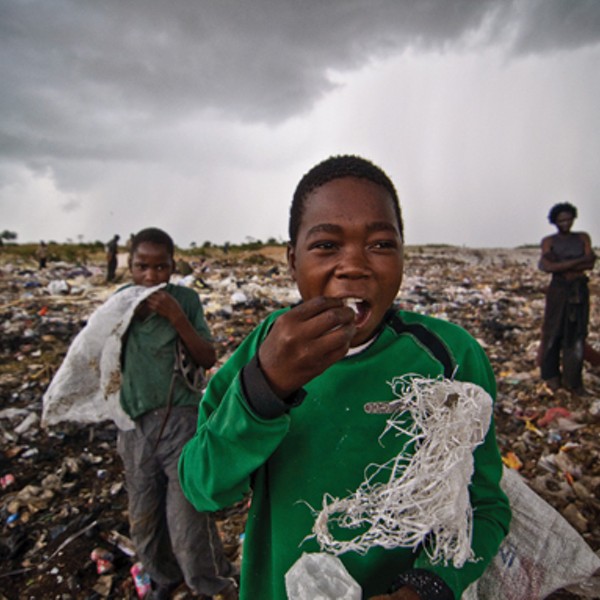Yes, the Washington Post reported that the survivor, Saifullah, “could not place all the men as Afghans—some seemed to speak in code and others in Urdu or a language he did not understand, and that other foreigners, including Arabs, Chechens, Uzbeks, and Pakistanis, sometimes fight with the Taliban in Afghanistan.”
That’s what makes it so complicated—there are all these different groups that are there. There’s not any one group that you’re up against.
You have a several year history of working in Afghanistan.
Yes. This was my fifth trip. I started going there in 2003 and got involved working with Tom shortly after that. I had known Tom, what he was doing, and his program resonated with me. I also felt it was a way that I could get to travel into other areas within Afghanistan other than just being in the city. So after my first trip, I traveled with Tom and some of his other team members documenting the work they were doing and got to see more of Afghanistan than I would have if I traveled on my own. When I went there last fall, I traveled with Code Pink and visited a number of women’s organizations and then continued to travel with Tom shortly after that. In the process of my involvement with Afghanistan I got to the point where I felt like I wanted to do something more hands-on and real. So I began working with Fahima Vorgetts, who works with Women for Afghan Women (WAW), an organization out of New York City. Fahima directs what she calls the Afghan Women’s Fund, a part of WAW, which she uses to build schools, clinics, and wells. The fund also helps start up women cooperatives and literacy classes in any village that will work with her. So a group of us in Albany that belong to Women Against the War took on a village, one that Fahima picked in Logar Province, south of Kabul. They needed a well so we raised $10,000 that funded the one we put in this past June. My goal this trip was to visit the villagers and see for myself the progress on the well, what the villagers thought about it, and what effect it had on them. But after the murders I didn’t go to the village because I was told it wasn’t safe for me to do so. Not only was I a little more apprehensive than I had been previously, but I was also asked by Tom’s family not to go.
You had originally planned to stay in Afghanistan for a month. Did you?
No, I stayed only three weeks. I was traveling with another woman, Diana Tacey, from the ChildLight Foundation. She’s been working in Afghanistan since 2003 doing small projects, working with women in prisons—particularly in Herat, Jalalabad, and Kabul. I was planning to document her work. On the fifth day we were in Herat and heard about Tom and the nine other workers being killed. Diana was headed on to Mazar-i-Sharif and I decided to go back to Kabul to be there when Tom’s wife Libby arrived and for the memorial service. Also, my family did not want me to travel anymore and I was trying to juggle how to stay in Afghanistan without making them go nuts. At that point I didn’t know whether I was targeted too because of my relationship with Tom and I didn’t know enough about what was happening. I felt more comfortable once I got to Kabul.
You were nervous about your own personal safety?
Yes. So I stayed in Kabul at the team house of the International Assistance Mission [IAM], the organization Tom’s program—the National Organization for Ophthalmic Rehabilitation [NOOR]—was part of. So I was close to what was happening, in relationship to the Littles, and what the other people who work for NOOR were doing. A lot of people from outside of Kabul were coming for the memorial service. I met with the head of IAM and got his view of the situation—people were working really hard to try to sort everything out. Nobody really knew exactly what was happening. They had to retrieve the bodies. The FBI was involved and wanted all the bodies to return to the United States. The family wanted Tom’s body to stay in Afghanistan along with Dan Terry, another older individual that was murdered. Eventually the FBI let the bodies stay in Kabul and get buried there.
















